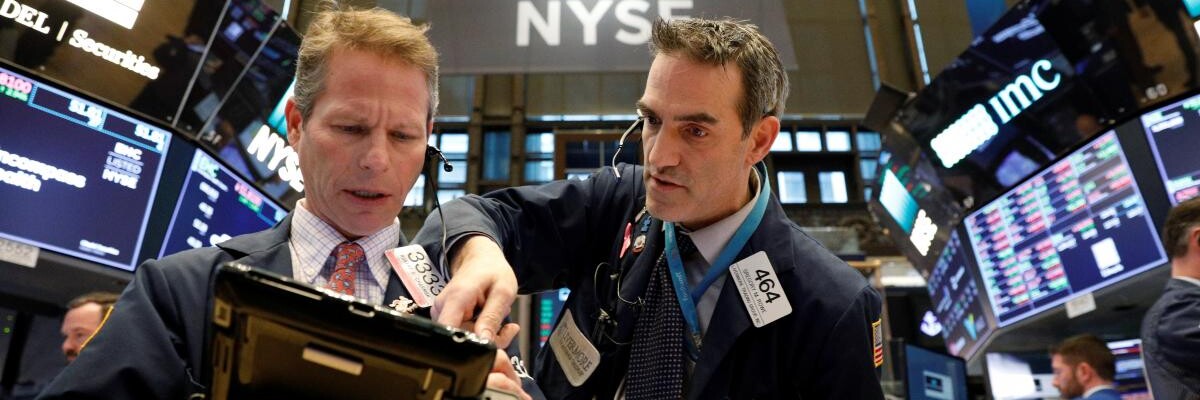Stock markets around the world have seriously subsided: on February 5 and 6, 2018, trades were held with a record fall since 2011. Dow Jones fell by 4.6%, the S & P500 lost 4.1%. A sharp correction in the...
Stock markets around the world have seriously subsided: on February 5 and 6, 2018, trades were held with a record fall since 2011. Dow Jones fell by 4.6%, the S & P500 lost 4.1%.
A sharp correction in the US, and in other markets after it, occurred against the backdrop of a positive trend in 2017 and the beginning of the year which was the best in the last ten years. People have consistently and actively bought shares of various companies throughout the world, and some correction was inevitable.
The factor that most likely triggered an active game to lower and crash the market is the players' fear of the forthcoming high inflation in the US economy. Trump's tax reform may cause the inflation. In the aligned and balanced economic system "free" money will arise and that will cause the growth of wages and prices. In addition, the economic growth will be affected by the base rate raised by the Federal Reserve.
Дополнительный вклад в дестабилизацию курсов акций могли внести автоматизированные финансовые инструменты. Automated financial instruments could make an additional contribution to the destabilization of stock prices.
Psychological factor is also very important. It affects the amplitude of fluctuations in quotations and the scale of further decline.
The so-called «volatility index» (VIX) reflecting the market volatility is one of the most common methods for monitoring the emotional sentiment of the stock market. This indicator has increased sharply more than 10 times on the 5th February.
The correction that occurred is more impressive in absolute values. By relative indicators, the market has subsided even more not once. For example, in October 2008 it fell by 7.9%. With the general growth of the last year the decline looks like a consolidation of the global trend and reflects the excitement of players regarding future legislative innovations.
Share this with your friends!






Be the first to comment
Please log in to comment